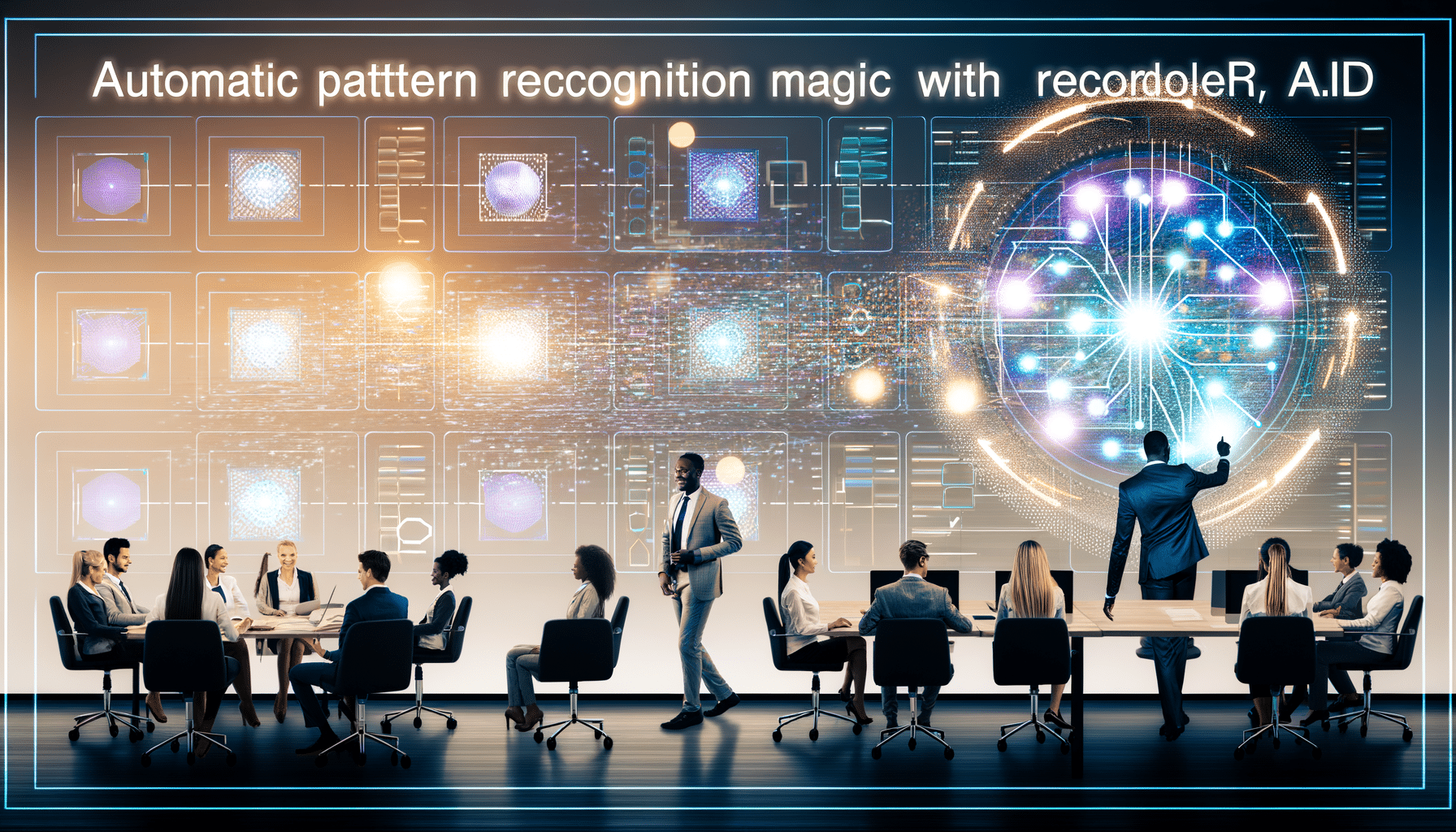- AI in Data Analysis
- April 10, 2023
AI-Driven Insights: Unlocking the Power of Historical Data

Introduction
In today’s fast-paced digital world, there is an immense treasure trove right beneath our fingertips—historical data. This wealth of information, if correctly tapped into, can offer unparalleled insights and guide strategic decision-making across industries. But how do we turn this raw data into actionable intelligence? Well, that’s where artificial intelligence (AI) comes in to play. My journey with RecordsKeeper.AI has taught me profound lessons about harnessing AI-driven insights from historical data. And today, I’ll share some of those insights with you.
The Underutilization of Historical Data
Many organizations, irrespective of their scale, possess vast amounts of historical data. However, without the right tools, this data often remains unused or underutilized. It’s a common challenge for Legal, Finance, and Compliance heads who oversee record-keeping and strive for efficient data utilization. It’s easy to feel overwhelmed by the sheer volume and complexity of this information.
But imagine if you could uncover trends, make informed predictions, and spot anomalies—all by easily sifting through your historical records. That’s the power AI brings to the table.
How AI Transforms Historical Data Analysis
AI can revolutionize our approach to historical data. Here’s how:
- Pattern Recognition: AI algorithms excel in recognizing patterns and correlations in large datasets, turning what’s often imperceptible to human eyes into clear insights. By analyzing such patterns, we can predict future outcomes and mitigate risks more effectively.
- Natural Language Processing (NLP): With NLP, historical data stored in the form of text—be it legal documents, financial records, or compliance reports—can be efficiently analyzed to extract meaningful information without the need for manual data entry.
- Anomaly Detection: AI-driven tools can swiftly identify outliers in data. Anomalous data points often indicate significant events or errors that require immediate action.
- Sentiment Analysis: Understanding historical sentiment through AI can reveal shifts in public opinion or market perceptions over time, empowering businesses to adapt their strategies proactively.
- Predictive Analytics: By using historical data, AI models can forecast future events, helping organizations to prepare strategic responses and optimize their performance.
AI Insights Leading to Strategic Advantages
I’ve observed firsthand how AI insights afford strategic advantages to various business sectors:
- Improved Decision-Making: When leaders across the board receive reliable insights from historical data, decision-making becomes more nuanced and informed, reducing the reliance on gut instincts alone.
- Cost Optimization: By knowing past expenditure patterns, businesses can streamline processes, reduce waste, and improve efficiencies, thereby optimizing costs.
- Risk Management: AI’s predictive capabilities mean potential risks can be identified and mitigated even before they develop into significant issues.
- Enhanced Compliance: For industries heavily regulated, like finance and healthcare, AI helps maintain compliance by rigorously ensuring alignment with regulatory standards through constant retrospective analysis.
Why Embrace AI for Historical Data?
It’s clear from personal experience that AI insights offer more than just mere analysis; they offer a competitive edge. But why specifically should organizations embrace AI?
- Timeliness: AI can expediently analyze enormous data sets, offering timely insights that can keep pace with the speed of contemporary business needs.
- Accuracy: Automated AI processes significantly reduce human error, ensuring that decisions and strategies are built on data you can trust.
- Scalability: AI solutions can easily scale as an organization’s data grows, ensuring continued effectiveness without necessitating an overhaul.
Conclusion
By now, it’s evident that AI is a game-changer when it comes to unlocking valuable insights from historical data. Recognizing patterns, enhancing compliance, and steering clear of risks aren’t just possibilities—they can become your organization’s reality with RecordsKeeper.AI.
To legal, finance, and compliance professionals: leveraging AI-driven analysis is no longer optional. It’s essential for achieving the clarity and strategic advantage needed in today’s world. Ready to make your data work for you? Dive in, explore, and transform your challenges into strategic triumphs.
If you’re keen to explore this further, follow me for more insights on maximizing technology in business. Together, let’s unlock the full potential of your historical data.
Toshendra Sharma is the visionary founder and CEO of RecordsKeeper.AI, spearheading the fusion of AI and blockchain to redefine enterprise record management. With a groundbreaking approach to solving complex business challenges, Toshendra combines deep expertise in blockchain and artificial intelligence with an acute understanding of enterprise compliance and security needs.
Related Posts

Automatic Pattern Recognition Magic With RecordsKeeper.AI
Let AI identify and utilize document patterns.
- November 16, 2024

Transform Data Entry into Data Intelligence With RecordsKeeper.AI
How AI turns basic data entry into valuable insights.
- November 16, 2024
Archives
- December 2024
- November 2024
- October 2024
- September 2024
- August 2024
- July 2024
- June 2024
- May 2024
- April 2024
- March 2024
- February 2024
- January 2024
- December 2023
- November 2023
- October 2023
- September 2023
- August 2023
- July 2023
- June 2023
- May 2023
- April 2023
- March 2023
- February 2023
- January 2023
- December 2022
- November 2022
- October 2022
- September 2022
- March 2019
Want to get more content like this?
Signup to directly get this type of content to your inbox!!
Latest Post
Organizing External Auditor Access
- December 22, 2024
Document Control in Manufacturing Plants
- December 21, 2024
Handling Rush Financial Report Requests
- December 20, 2024
Managing Record Access After Staff Changes
- December 19, 2024





